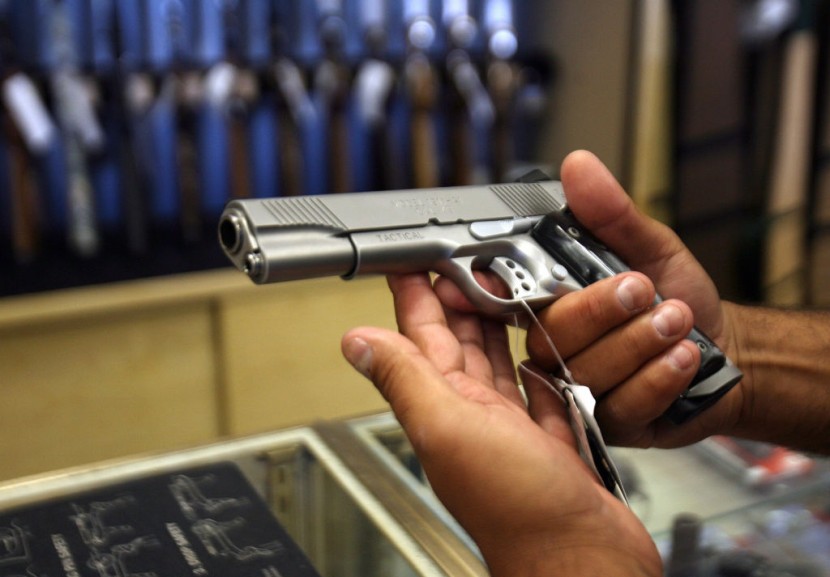A federal appeals court on Thursday ruled that Pennsylvania laws that ban 18- to 20-year-olds from carrying firearms in public during a state of emergency are unconstitutional, citing a landmark U.S. Supreme Court ruling that expanded gun rights.

Philadelphia-based 3rd U.S. Circuit Court of Appeals on a 2-1 vote held that the right to keep and bear arms under the U.S. Constitution's Second Amendment extended to adults under the age of 21.
It marked the latest instance of a court striking down a gun law after the Supreme Court's conservative majority changed the landscape of firearms regulation with its June 2022 ruling in New York State Rifle & Pistol Association v. Bruen, said Reuters.
The ruling recognized for the first time that the Second Amendment protects an individual's right to carry a handgun in public for self-defense. It also established a new test for assessing firearms laws, saying restrictions must be "consistent with this nation's historical tradition of firearm regulation."
U.S. Circuit Judge Kent Jordan in Thursday's opinion wrote that the "words 'the people' in the Second Amendment presumptively encompass all adult Americans, including 18- to 20-year-olds, and we are aware of no founding-era law that supports disarming people in that age group." Fellow appointee of Republican former President George W. Bush, U.S. Circuit Judge D. Brooks Smith, also agreed.
U.S. Circuit Judge L. Felipe Restrepo, an appointee of Democratic former President Barack Obama, dissented, elaborating to Reuters, "The public during the Founding era understood the plain text of the Second Amendment did not cover individuals under the age of 21."
The ruling was a victory for the Second Amendment Foundation and Firearms Policy Coalition, two gun rights groups that along with several young Pennsylvanians filed a lawsuit in 2020 challenging the state restrictions.
Under Pennsylvania law, individuals must be at least 21 to apply for a license to carry concealed firearms. While typically unlicensed individuals could still carry guns openly, a state statute barred people from carrying firearms on public streets or property if a state of emergency was declared unless they had a license or fell into a different category of exceptions.
© 2025 HNGN, All rights reserved. Do not reproduce without permission.









